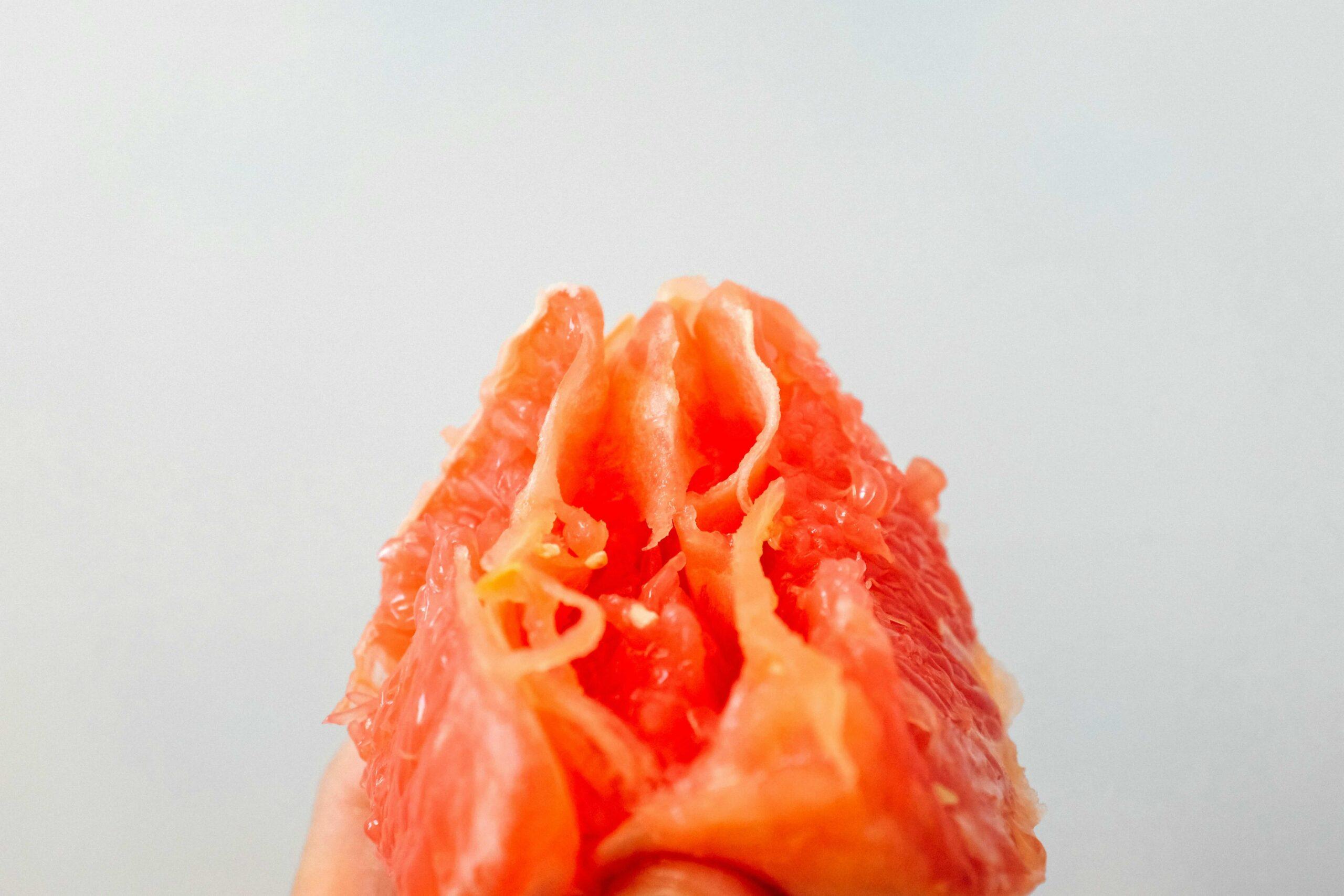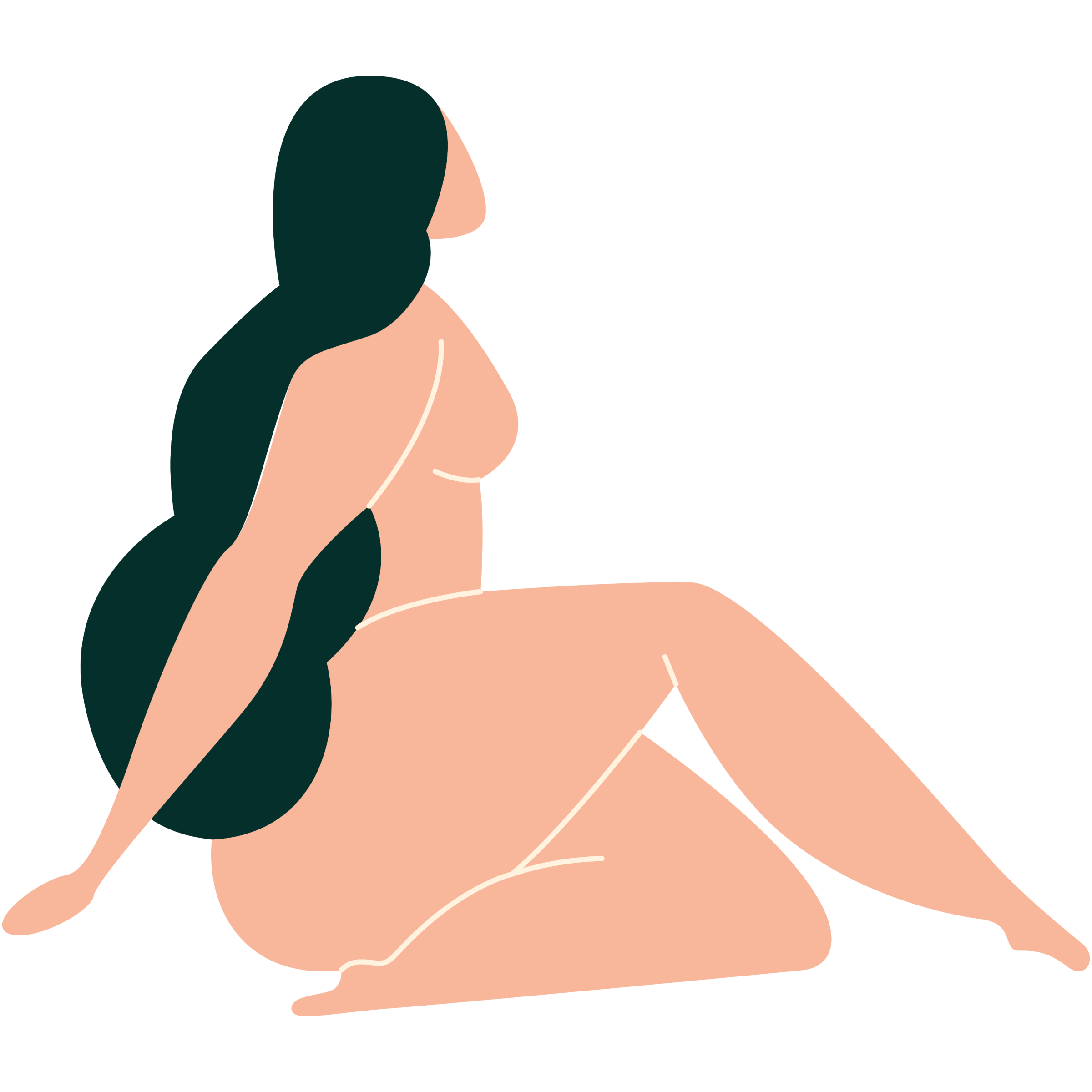
Body
Get to know your body through a better understanding of your anatomy and find the answers to some of your most common questions.
Back
All topics
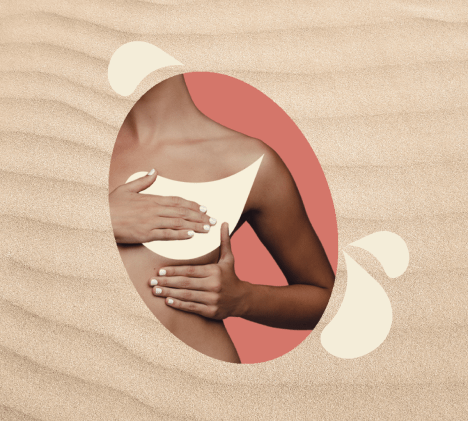
4 resources

19 resources

6 resources
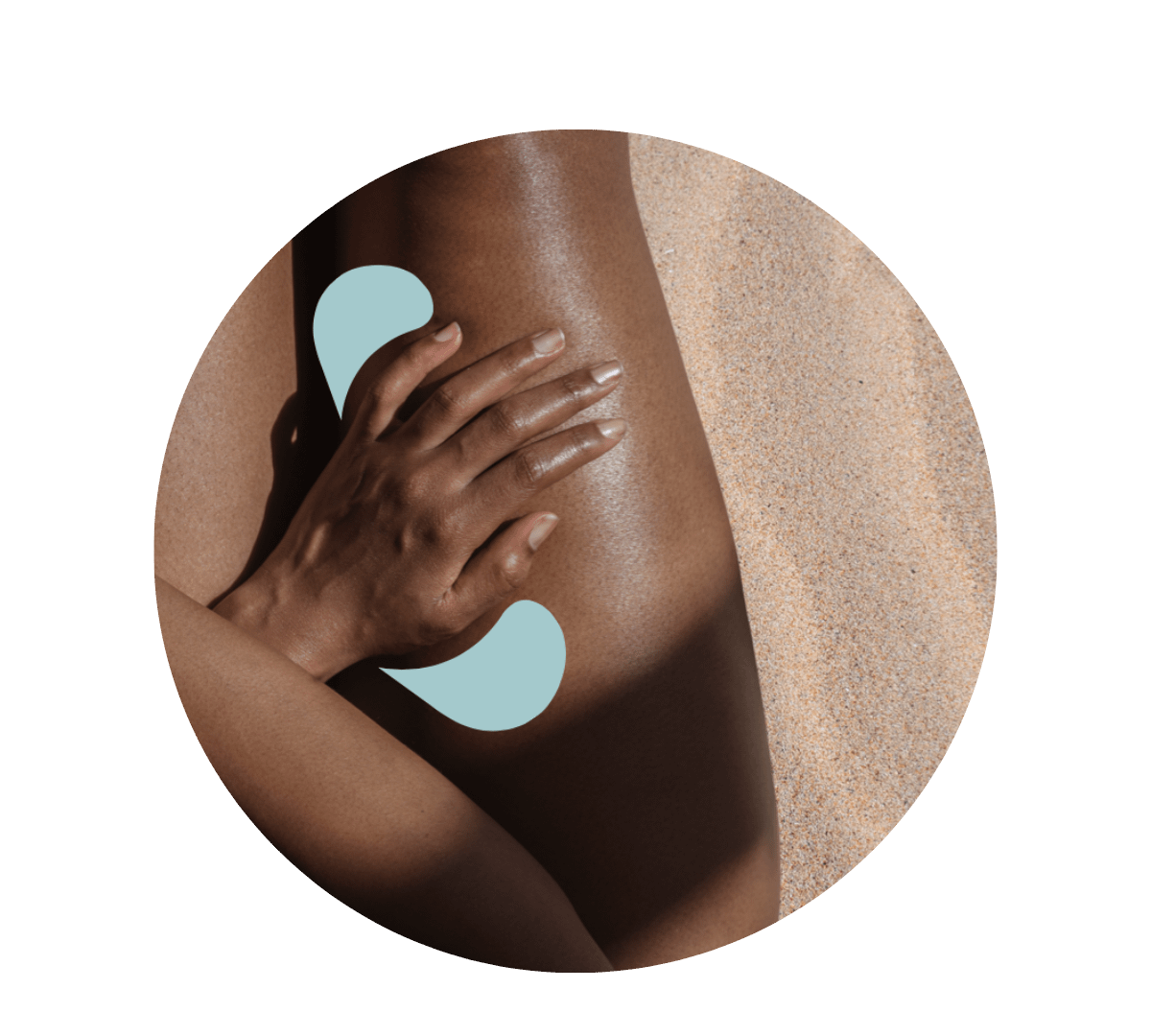
4 resources

6 resources
Back
All topics

9 resources

12 resources

4 resources

11 resources

2 resources
Back
Back
All topics
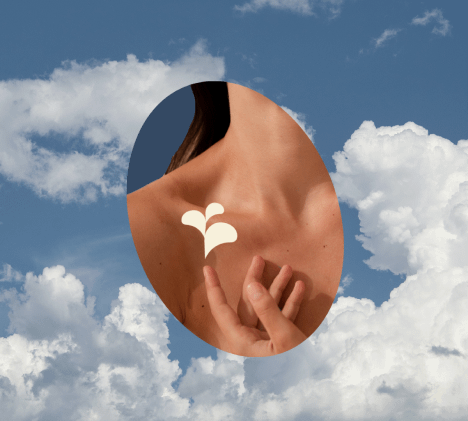
17 resources

11 resources

17 resources

2 resources

Mauj Products
We’ve designed our products to help you explore your body, solo or otherwise. Whether you’re a curious novice or a seasoned explorer, this is for you.
Back
All topics

4 resources

19 resources

6 resources

4 resources

6 resources
Back
All topics

9 resources

12 resources

4 resources

11 resources

2 resources
Back
Back
All topics

17 resources

11 resources

17 resources

2 resources

Mauj Products
We’ve designed our products to help you explore your body, solo or otherwise. Whether you’re a curious novice or a seasoned explorer, this is for you.
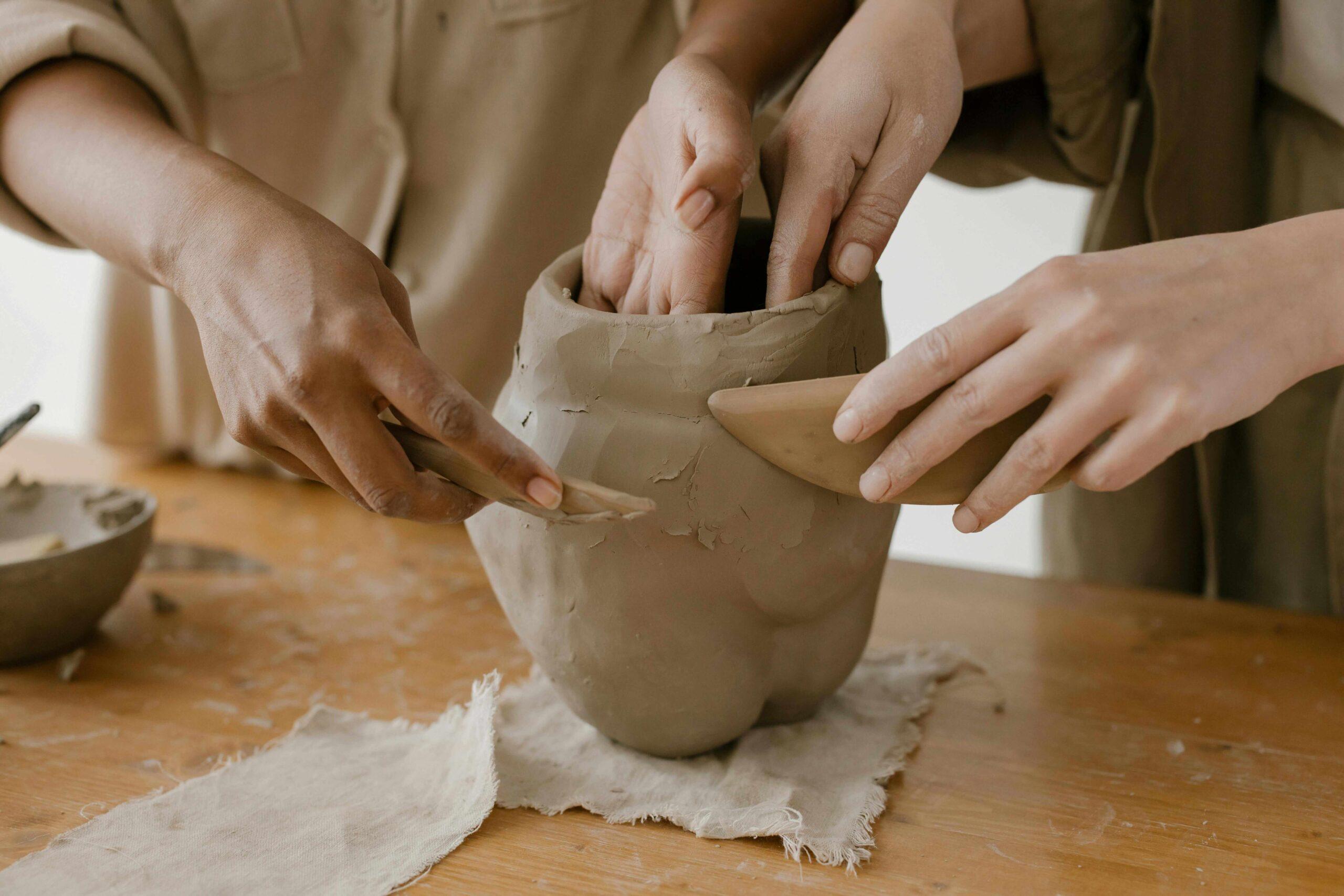
Your uterus plays a pivotal role not only in reproduction but also in your overall health. Researchers have found that the uterus is a dynamic force impacting everything from the journey of sperm to bone health and beyond.
Here are five fascinating facts you might not know about this incredible organ.
Learn more incredible facts about the female body.
You might’ve heard that sperm are like Olympic swimmers, racing towards a passive egg awaiting fertilization. However, researcher Emily Martin has described this as a “scientific fairy tale” rooted in stereotypical male-female roles.
In fact, new research has found that sperm are actually drawn to the egg by “uterine waves,” a special type of muscle contraction that helps them along a journey that otherwise would be too long to make on their own.
During arousal, the clitoris and surrounding tissue engorge, filling with blood, just like the penis. This signals internal muscular contractions that cause the cervix and uterus to pull up and back, creating a space that wasn’t previously there, known as "uterine tenting.”
This space is what allows the vagina to receive and be stimulated internally, and it is what makes sex more comfortable and enjoyable for you and your partner.
Your uterus isn't just about reproduction—it's also a key player in your bone health. Estrogen, a hormone that has a protective effect on bones, is produced in response to the regular changes in the uterus and ovaries during the menstrual cycle.
After menopause, estrogen levels drop significantly, leading to an increased risk for osteoporosis, a condition characterized by weakened and brittle bone.
In a condition known as uterus didelphys, some women are born with two uteruses. This occurs when the uterus doesn't fully fuse during fetal development, resulting in two separate uterine structures.
It’s also possible that some women are born without a uterus. This condition is referred to as uterine agenesis or Mayer-Rokitansky-Küster-Hauser (MRKH) syndrome.
The ancient Egyptians and Greeks used to believe that women’s health issues, from the common cold to all sorts of body aches, were due to their uterus “wandering” around their body, causing all kinds of emotional and physical illnesses.
This concept reflects the limited medical understanding of the time and underscores the cultural and societal influences that shaped early perspectives on women's health.
The uterus can be prone to issues like endometriosis, fibroids, polyps, and adenomyosis. Knowledge is key; understanding your body empowers you to make informed decisions about your sexual and reproductive health.
Did you find the answer you were looking for? Is there something we missed? What did you think of this resource? We want to hear from you.

